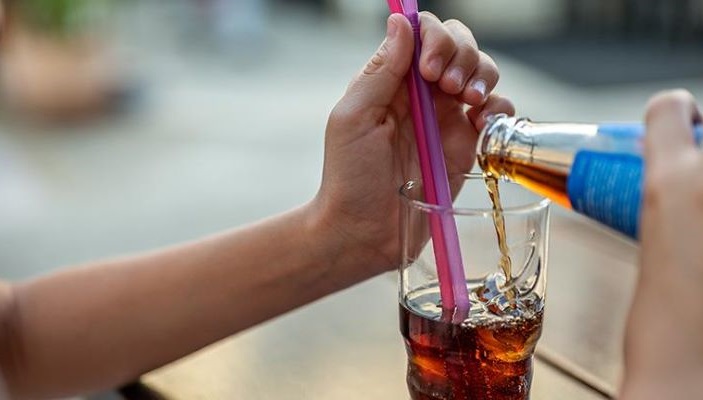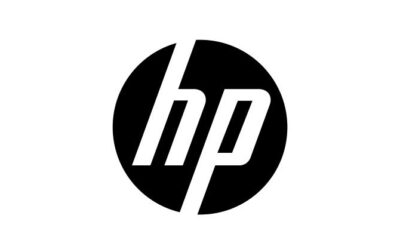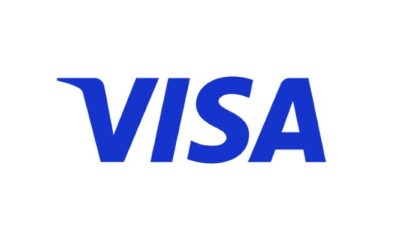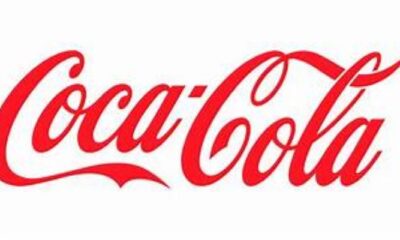Education
Sugary Drinks Tax May Have Prevented Over 5,000 Cases Of Obesity A Year In Year Six Girls Alone

The introduction of the soft drinks industry levy – the ‘sugary drinks tax’ – in England was followed by a drop in the number of cases of obesity among older primary school children, according to Cambridge researchers. Taking into account current trends in obesity, their estimates suggest that around 5,000 cases of obesity per year may have been prevented in year six girls alone.
We urgently need to find ways to tackle the increasing numbers of children living with obesity, otherwise we risk our children growing up to face significant health problems. That was one reason why the UK’s soft drinks industry levy was introduced, and the evidence so far is promising
Nina Rogers
The study, published in PLOS Medicine, looked at the impact of the levy on reception age children and those in year six, but found no significant association between the levy and obesity levels in year six boys or younger children from reception class.
The research was supported by the National Institute of Health and Care Research (NIHR) and the Medical Research Council.
Obesity has become a global public health problem. In England, one in ten reception age children (four to five years old) is living with obesity and this figure doubles to one in five children in year six (10 to 11 years). Children who are obese are more likely to suffer from serious health problems including high blood pressure, type II diabetes and depression in childhood and in later life.
In the UK, young people consume significantly more added sugars than is recommended – by late adolescence, they typically consume 70g of added sugar per day, more than double the recommended amount (30g). A large source of this is sugar-sweetened drinks. Children from deprived households are more likely to be at risk of obesity and to be heavy consumers of sugar-sweetened drinks.
In April 2018, to protect children from excessive sugar consumption and tackle childhood obesity, the UK governments introduced a two-tier sugar tax on soft drinks – the soft drinks industry levy. The tax was targeted at manufacturers of the drinks to incentivise them to reduce the sugar content of soft drinks.
Researchers from the Medical Research Council (MRC) Epidemiology Unit at the University of Cambridge tracked changes in the levels of obesity in children in England in reception year and year six between 2014 and 2020. Taking account of previous trends in obesity levels, they compared changes in levels of obesity 19 months after the sugar tax came into effect.
The team found that the introduction of the sugar tax was associated with an 8% relative reduction* in obesity levels in year six girls, equivalent to preventing 5,234 cases of obesity per year in this group alone. Reductions were greatest in girls whose schools were in deprived areas, where children are known to consume the largest amount of sugary drinks – those living in the most deprived areas saw a 9% reduction.
However, the team found no associations between the sugar tax coming into effect and changes in obesity levels in children from reception class. In year 6 boys, there was no overall change in obesity prevalence.
Dr Nina Rogers from the MRC Epidemiology Unit at Cambridge, the study’s first author, said: “We urgently need to find ways to tackle the increasing numbers of children living with obesity, otherwise we risk our children growing up to face significant health problems. That was one reason why the UK’s soft drinks industry levy was introduced, and the evidence so far is promising. We’ve shown for the first time that it is likely to have helped prevent thousands of children each year becoming obese.
“It isn’t a straightforward picture, though, as it was mainly older girls who benefited. But the fact that we saw the biggest difference among girls from areas of high deprivation is important and is a step towards reducing the health inequalities they face.”
Although the researchers found an association rather than a causal link, this study adds to previous findings that the levy was associated with a substantial reduction in the amount of sugar in soft drinks.
Senior author Professor Jean Adams from the MRC Epidemiology Unit said: “We know that consuming too many sugary drinks contributes to obesity and that the UK soft drinks levy led to a drop in the amount of sugar in soft drinks available in the UK, so it makes sense that we also see a drop in cases of obesity, although we only found this in girls. Children from more deprived backgrounds tend to consume the largest amount of sugary drinks, and it was among girls in this group that we saw the biggest change.”
There are several reasons why the sugar tax did not lead to changes in levels of obesity among the younger children, they say. Very young children consume fewer sugar-sweetened drinks than older children, so the soft drinks levy would have had a smaller effect. Similarly, fruit juices are not included in the levy, but contribute similar amounts of sugar in young children’s diets as sugar-sweetened beverages.
It’s unclear why the sugar tax might affect obesity prevalence in girls and boys differently, however, especially since boys are higher consumers of sugar-sweetened beverages. One explanation the researchers put forward is the possible impact of advertising – numerous studies have found that boys are often exposed to more food advertising content than girls, both through higher levels of TV viewing and in how adverts are framed. Physical activity is often used to promote junk food and boys, compared to girls, have been shown to be more likely to believe that energy dense junk foods depicted in adverts will boost physical performance and so are more likely to choose energy-dense, nutrient-poor products following celebrity endorsements.
The study was a collaboration involving researchers from the University of Cambridge, London School of Hygiene and Tropical Medicine, University of Oxford, Great Ormond Street Institute of Child Health and University of Bath.
*A relative reduction is the difference between the expected incidence of obesity had the sugar tax not been introduced and the actual incidence.
Source – University Of Cambridge
-

 Auto2 years ago
Auto2 years agoHonda Marine Debuts All-New BF350 Outboard Company’s First V8 Motor Available Commercially, Flagship Model Offers Premium Power and Unparalleled Performance for Extraordinary Boating Experiences
-

 Auto2 years ago
Auto2 years agoNew Features Further Increase Desirability Of Bentayga Range
-

 Technology2 years ago
Technology2 years agoOracle Partners with TELMEX-Triara to Become the Only Hyperscaler with Two Cloud Regions in Mexico
-

 Auto2 years ago
Auto2 years agoHonda and Acura Electric Vehicles Will Have Access to Largest EV Charging Networks in North America Aided by New Agreements with EVgo and Electrify America
-

 Lifestyle2 years ago
Lifestyle2 years ago2023 Nike World Basketball Festival Brings the Best of Basketball Style, Culture and Community














